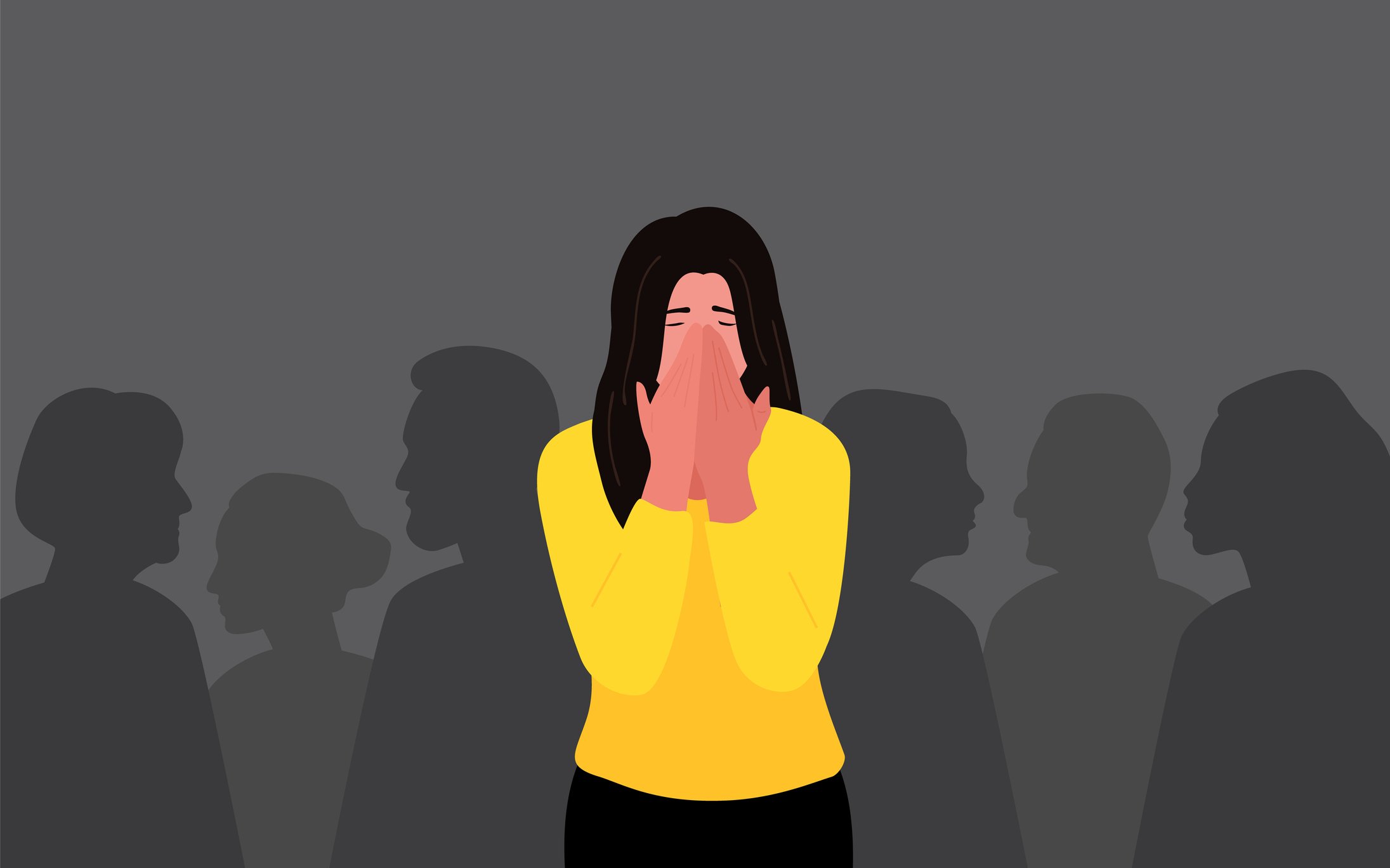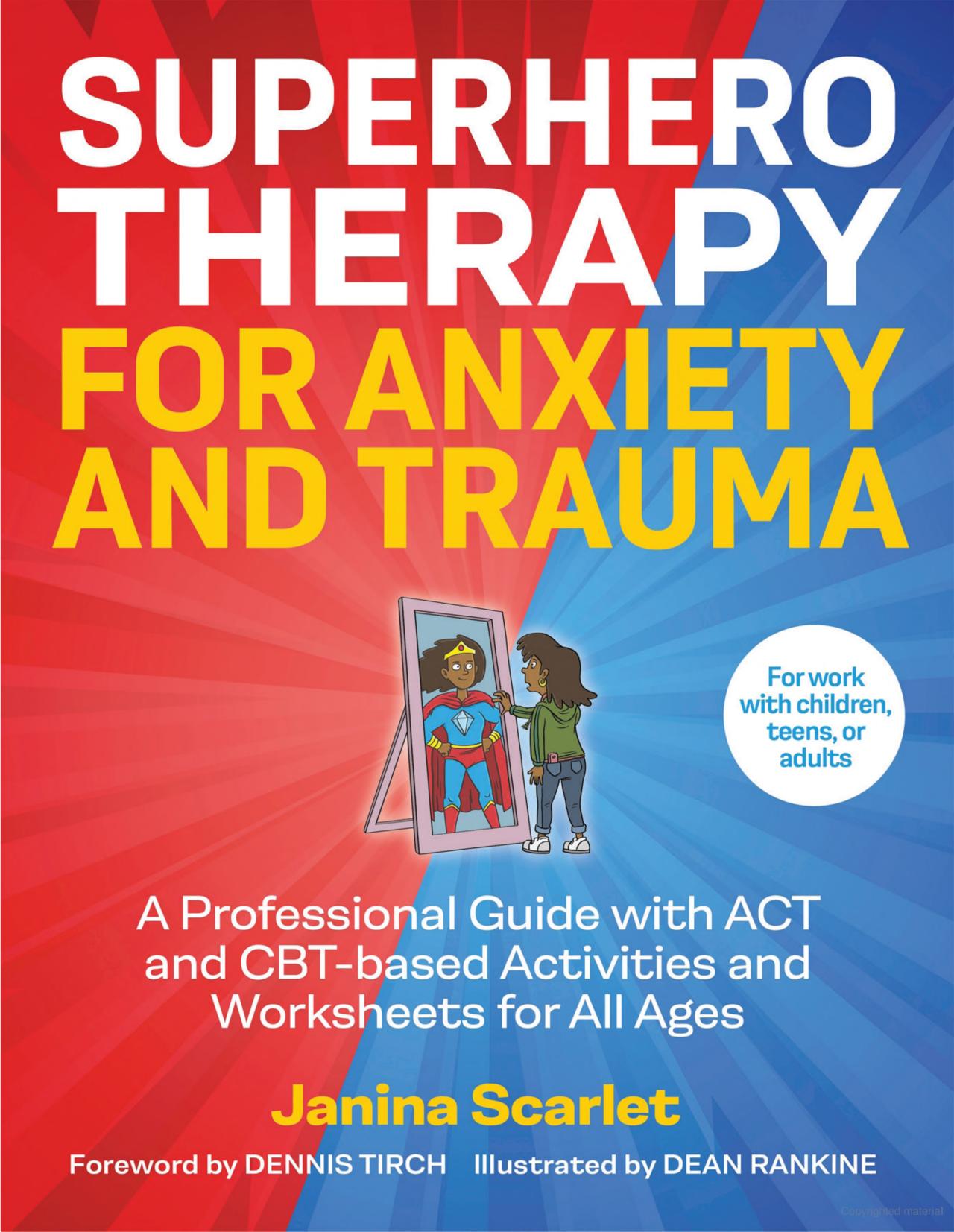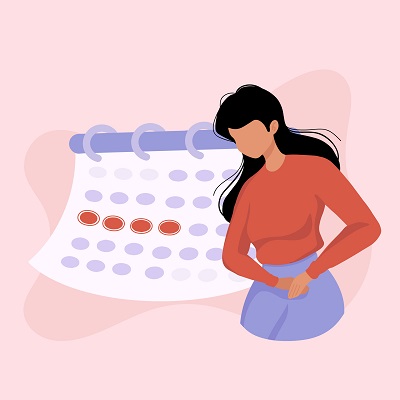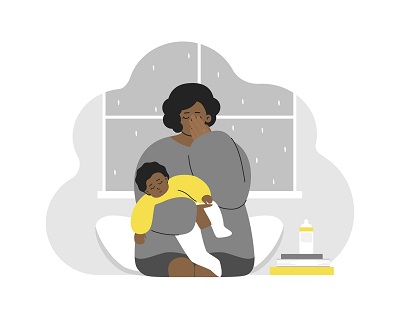

Superhero Therapy: Combining Evidence-Based Therapy with Pop Culture Narratives to Help Clients Heal


Migraine and depression have a bidirectional relationship, meaning depression increases the risk of migraine and vice versa. Those with depression are 3.4 times more likely to develop migraine. Conversely, those with migraine are 5.8 times more likely to develop depression.












